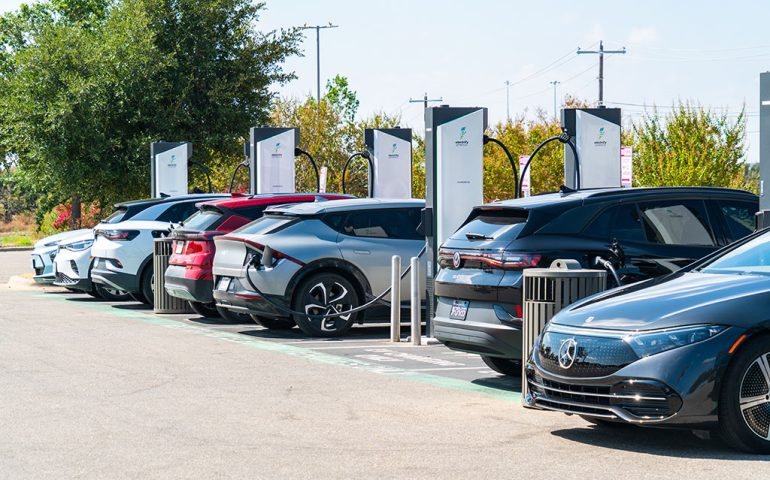EV Policy Shakeup

There’s a real buzz in Washington as House Republicans introduce a policy that could dramatically rework the electric vehicle (EV) scene in the U.S. Just this Monday, a proposal was revealed that’s part of a broader tax reform endeavor. Central to the proposal is eliminating the federal EV tax credits while rolling back crucial fuel efficiency standards designed to boost cleaner transportation options.
Tax Credits
Currently, new EV buyers can claim a $7,500 tax credit, and there’s a $4,000 credit for used EVs. However, if this proposal becomes law, those incentives would go away by the end of the year. There’s a small exception for carmakers that haven’t yet hit the 200,000 EV sales mark. These companies could still offer the new vehicle credit for an additional year, providing a brief reprieve to smaller or newer electric auto manufacturers.
Genevieve Cullen, who heads the Electric Drive Transportation Association, has been quite vocal against the changes, describing the proposal as “catastrophically short-sighted.” Her worry is that backing off from federal EV support can give international players like China an upper hand, risking domestic innovation, manufacturing, and job opportunities.
Industry Impacts
The U.S. Treasury doled out over $2 billion this year alone in EV rebates at the point of sale, forming a key part of the Biden administration’s clean energy outlook. While the proposal doesn’t entirely strip away all EV incentives, it does plan on maintaining a critical tax credit for battery production—a lifeline for automakers and battery producers aiming to grow their U.S. operations. But there’s a significant condition: starting in 2027, vehicles with components from certain Chinese firms or using Chinese tech might not qualify for the credit. This could affect American companies like Ford and Tesla, which have partnerships with Chinese battery enterprises.
Future Considerations
Also on the chopping block is a loan program fostering the development of advanced technology vehicles, having already financed large-scale battery projects for giants like Ford, Stellantis, and Rivian. Any legislative changes that scale back these initiatives risk slowing the progress in electric vehicle infrastructure. If enacted, the proposal may also undo corporate average fuel economy (CAFE) standards and emissions rules set for 2027 and later, with discussions expected in the Energy and Commerce Committee shortly.
Overall, these moves highlight the ongoing political debate surrounding clean energy policies and budget allocations. Advocates say it’s high time for the EV market to operate independently, yet there are significant concerns that rolling back progress could stall U.S. advancements in transportation electrification. With Europe and China accelerating their own EV efforts, America’s actions in these upcoming months may shape the future landscape of its automobile industry on the global stage.
Driving an electric vehicle offers a unique experience compared to traditional gas-powered cars. EVs like the Tesla Model S can go from 0 to 60 mph in just about 3 seconds, offering thrilling acceleration. Without the rumble of an internal combustion engine, driving an EV feels almost futuristic with its quiet glide. This might remind one of the smooth rides found in luxury cars but with a more environmentally friendly twist. The transition to driving one can feel as intense as switching from dial-up to high-speed internet—a subtle but revolutionary shift.
Rare Lamborghini Roadster
Ford Lincoln SUV Recall
Toyota Finance Reversal
Avatr Battles Blogger
Renault R4 Savane Roars